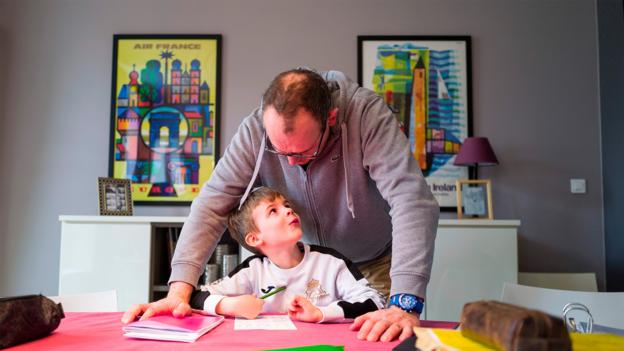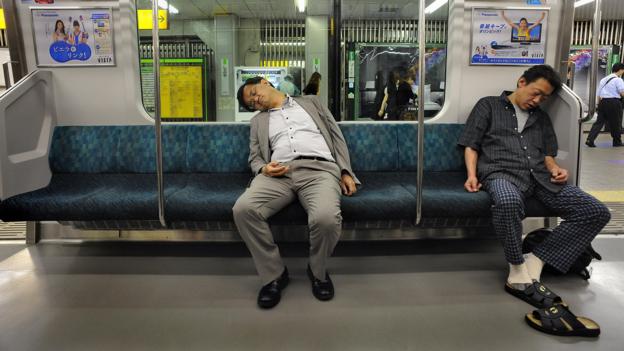When Yumi Ishikawa tweeted in January how much her feet hurt from a company dress code requiring her to wear 5cm to 7cm heels, she didn’t expect a movement to be born. However, she struck a chord with working women throughout Japan. Her comment has been retweeted 30,000 times.
Ishikawa, a freelance writer and former model, had been working as a funeral parlour usher at the time. This involved standing up to eight hours at a time in heels, alongside male colleagues wearing comfortable flats. Outraged by the disparity, she created the hashtag #KuToo, a play on the Japanese words for shoes (“kutsu”) and pain (“kutsū”), with a nod towards #MeToo.
#KuToo quickly became a movement aiming to stop employers from requiring women to wear high heels. Ishikawa has collected over 30,000 online signatures for a Change.org petition, and in June called for the Ministry of Health, Labour and Welfare to ban companies from requiring women to wear certain types of shoes.
In response, Japan’s health minister stated that heels are “necessary and appropriate” in the workplace. While not all Japanese companies require high heels for female employees, his remarks reflect a pervasive mentality and gendered social pressure.












